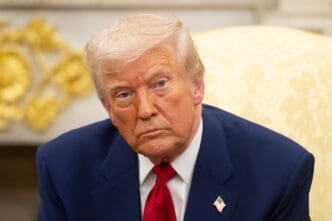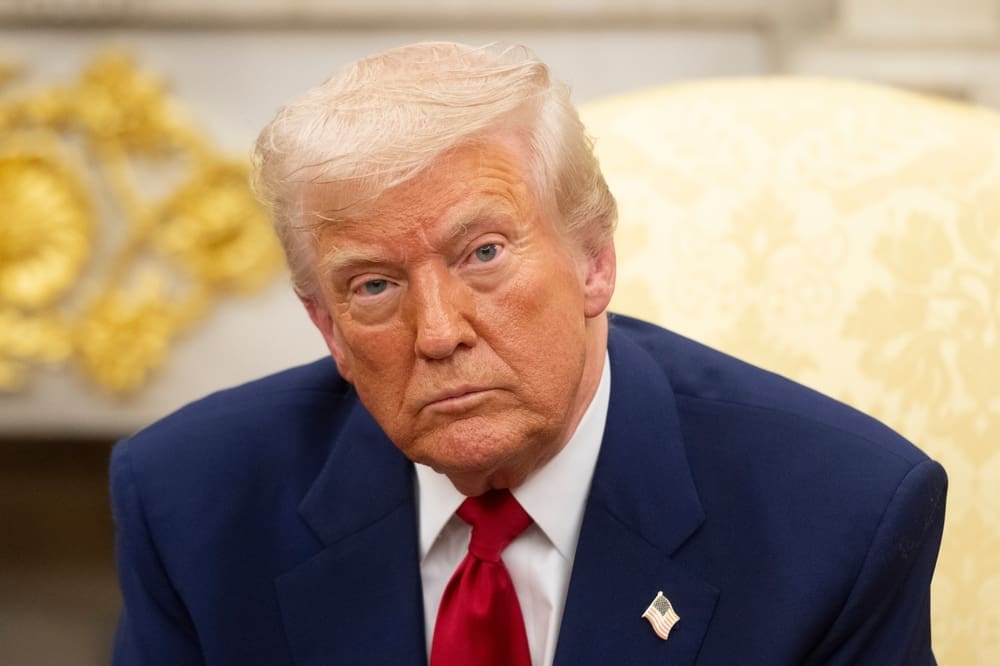In a tense escalation of hostilities between Israel and Iran, the international community is observing diplomatic efforts with keen interest. Over the weekend, Iranian oil infrastructure was targeted in an Israeli attack, further fueling the conflict. In response, Iran is actively seeking mediation through Oman and Qatar to help broker peace and de-escalate the situation. Meanwhile, President Donald Trump has publicly expressed optimism about achieving peace in the region.
On Sunday, President Trump stated, “We will have peace, soon, between Israel and Iran. They should make a deal and will make a deal.” Trump emphasized his extensive involvement in the ongoing diplomatic efforts, adding, “Many calls and meetings now taking place. I do a lot, and never get credit for anything, but that’s ok, the people understand. Make the Middle East great again.”
Amidst the military confrontations, Tehran has reached out to regional intermediaries, as reported by multiple Israeli media sources on Sunday. They cite that Iran is requesting Qatar and Oman to communicate its willingness to negotiate a ceasefire to the United States, urging Washington to influence Israel to halt its offensive. Saudi Arabia is reportedly engaging in discreet diplomatic efforts to facilitate de-escalation between the two nations.
Iran’s Foreign Minister Abbas Aragchi, in a statement on Sunday, reaffirmed Iran’s openness to negotiating a nuclear deal in response to President Trump’s calls. However, Aragchi underscored that Iran will not compromise on its nuclear rights, deeming talks with the current U.S. administration as potentially “unjustifiable” under prevailing circumstances.
On the ground, Israeli military actions continue, with Prime Minister Benjamin Netanyahu making a strong statement at an attack site in Bat Yam. Netanyahu declared, “Iran will pay a very heavy price for the murder of civilians, women, and children that they committed intentionally,” emphasizing the existential threat perceived by Israel. He further warned of the dangers if Iran were to acquire nuclear weapons.
While Israel remains skeptical of Iran’s commitment to any future agreements, officials have reportedly asked for stronger U.S. involvement in dismantling Iran’s nuclear capabilities. However, Washington has so far refrained from direct military engagement.
In Europe, calls for a peaceful resolution are resonating, yet European leaders find themselves largely sidelined in the high-stakes diplomatic maneuvers. Security expert Claude Moniquet pointed out that Europe has been left “sitting on the sidelines” of crucial diplomatic developments, highlighting a recurring exclusion from major Middle Eastern peace talks.
As the world watches, the evolving situation underscores the critical need for effective diplomatic interventions to prevent further escalation in the Middle East.














